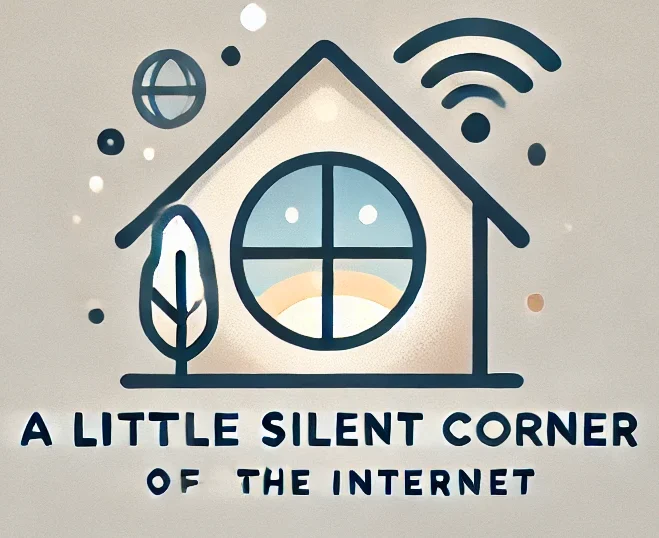
This was the response of the Lord to a leper who had sought him saying, “Lord, if thou wilt, thou canst make me clean.”1 The Lord, in his infinite pity did not turn away the humble supplicant but uttered those immortal words: “I will. Be thou clean.”2
This morning, as I ponder over these words, the distinction between “clean” and “unclean” things rises in my mind. In reading scripture, we find the very first reference to this distinction in Genesis 7 — in God’s call to Noah to take 7 pairs of clean animals, and 2 pairs of unclean animals into the ark. From the context, it seems that God expected Noah to tacitly know which animals were clean and which were not. This distinction must have therefore existed in his time as a matter of fact. Interestingly, if we should go further back to the beginning, we do not find this distinction at creation. When God made Adam and Eve, he did not, before, during or after the taxonomical exercise he gave Adam3, specify that there was to be a distinction between clean animals and unclean animals. We only see this distinction after the inception of sin.
It seems to me, therefore, that this distinction arose after sin, when the Lord inaugurated a system of sacrifices. It became needful to know which animals were suitable for sacrifice and which were not. Very importantly, the animals used for the sacrificial service were all of the “clean” kind, and all of them domesticated4. Another purpose this distinction served, especially in the post-flood world, was to indicate to men what animals were fit for food and which were not.5
Now, concerning unclean animals — they are so by nature. Nothing but God can change their biological and chemical makeup so that they can be good food.
In the same way, all men are sinners by nature, “there is none that doeth good, no, not one”. “We are all like an unclean thing..” (Romans 3:12, Isaiah 64:7). All are under the condemnation of the law.
But in the vision of Peter, that which God has cleansed, no man is to call common or impure. Some people have erroneously used this vision to defend the idea that the Christian is under no obligation to recognise the original distinction between clean and unclean foods — as if the death of Christ miraculously changed the biological and chemical makeup of these animals to make them fit for food. However, a closer reading of the text will show that the lesson that God intended to teach Peter was spiritual, not dietetic.
In the realm of grace, the man whom God has cleansed by the blood of the Lamb and sanctified by his grace, none is to call common or impure. Now, his life may have been such in the past. A moral leper, he contaminated everything he touched, the air he breathed, the clothes he wore, the paths he travelled. Any conscientious, pious man would seek to avoid his company. And such was the attitude the pious Jew assumed toward the Gentiles.
But once this moral leper comes to the fountain for sin and uncleanness, he leaves cleansed. But “ye are washed, but ye are sanctified, but ye are justified in the name of the Lord Jesus, and by the spirit of our God.”6 Those who accept the word of God, and submit themselves to it, be they Jew or Gentile, are washed, sanctified, justified in the name of the Lord Jesus, by the spirit of God. They are no longer common and unclean. The sentence from our High Priest goes forth, as it went forth from the priests of the Aaronic order, “He is clean”.7 And if God declare a thing clean, who shall declare it unclean?
- https://www.kingjamesbibleonline.org/Matthew-8-2/ ↩︎
- https://www.kingjamesbibleonline.org/Matthew-8-3/ ↩︎
- Genesis 2:19 ↩︎
- https://www.kingjamesbibleonline.org/Genesis-8-20/ ↩︎
- https://www.kingjamesbibleonline.org/Leviticus-Chapter-11/ ↩︎
- https://www.kingjamesbibleonline.org/1-Corinthians-Chapter-6/#11 ↩︎
- https://www.kingjamesbibleonline.org/John-Chapter-15/#3 ↩︎

